What is homogenisation and is it important in the creation of cosmetics?

Homogenisation plays a key role in many industries, including food, pharmaceuticals and cosmetics. It makes it possible to achieve uniform product consistency. In this article, we take a closer look at the essence of this process, discuss the technologies and equipment used and highlight the benefits it brings, especially for cosmetics production. You will delve into the impact of homogenisation on the bioavailability of cosmetic ingredients and understand why it is indispensable [...]
Read moreWhat are the best cosmetic formulas for winter?
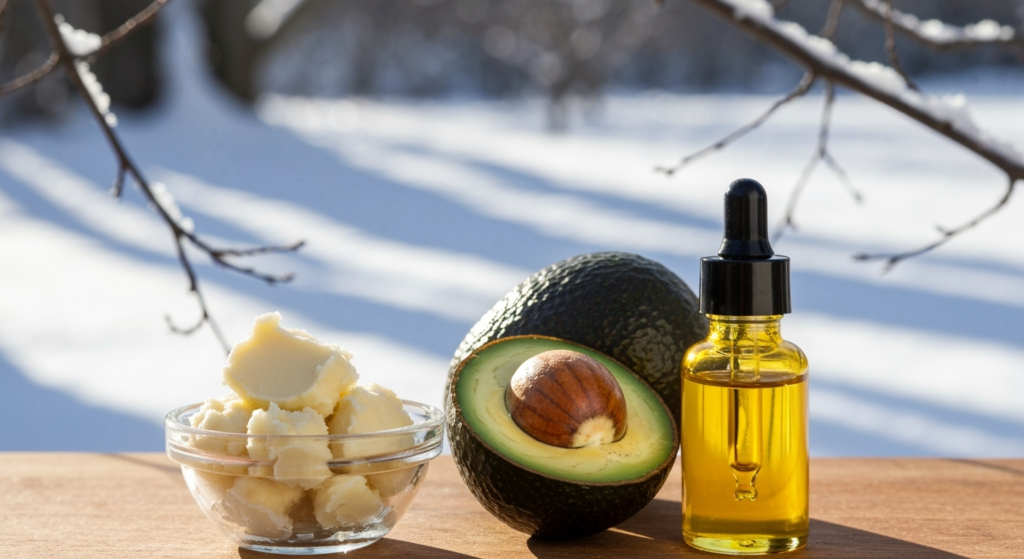
In winter, our skin needs special care, so choosing the right cosmetics is crucial. In this article, we outline why winter creams are important, what ingredients they should contain and how to match them to different skin types. You will also learn about the benefits of using protective creams. In addition, we look at the role of ceramides, fatty acids and the importance of vegetable oils and shea butter in skin care. [...]
Read moreWhat is PDRN and why is it used in cosmetic formulations?
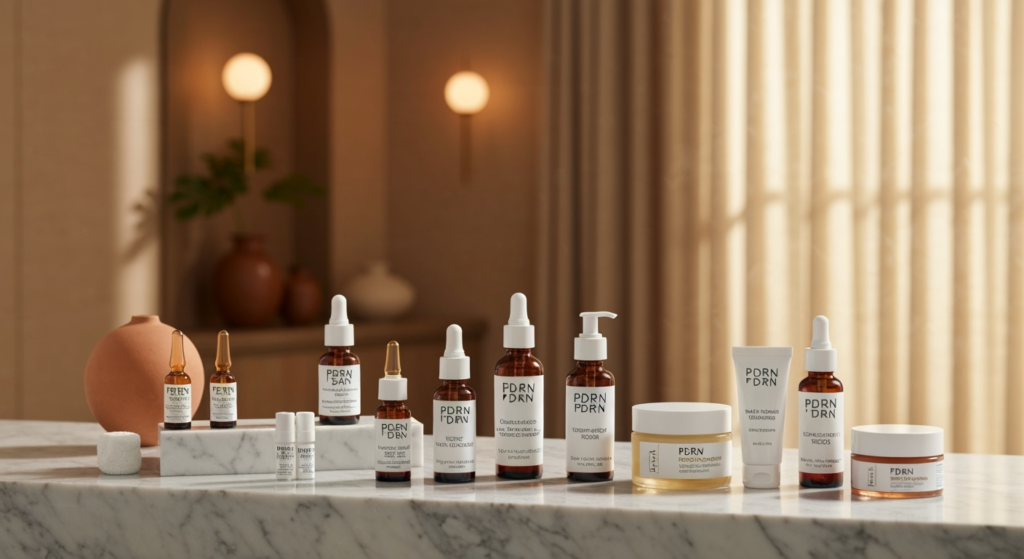
PDRN, or polydoxyribonucleotide, is an innovative ingredient that is gaining increasing recognition in the cosmetic industry. Its main strengths are its regenerative ability and anti-inflammatory properties. PDRN promotes skin recovery by stimulating collagen and elastin production and significantly improves skin hydration and elasticity. With cosmetics containing PDRN, you will notice clear results. In addition, you will learn how to introduce [...].
Read moreSilicones D4, D5 D6, in cosmetics - new regulations and deadlines
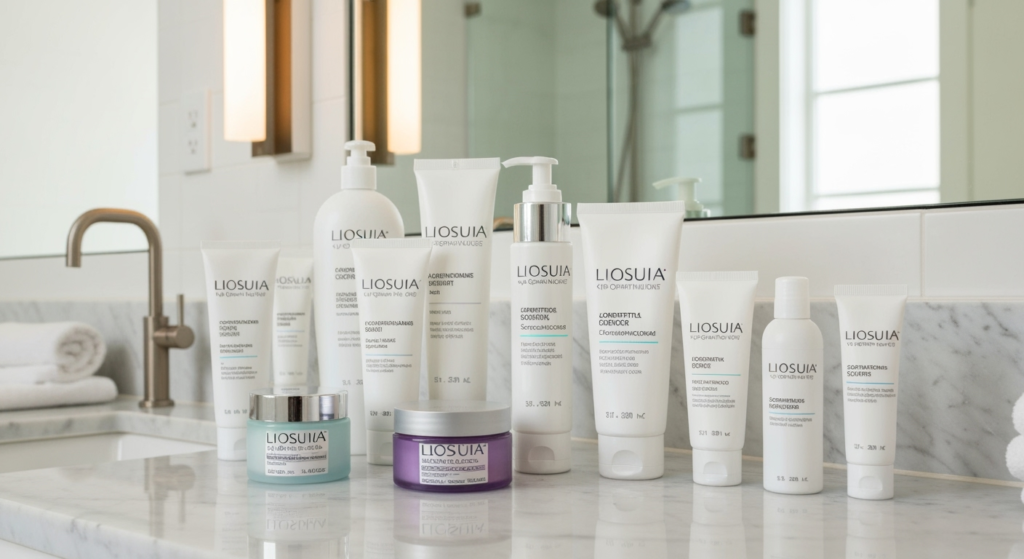
The cosmetics world is undergoing a real revolution when it comes to silicones. If you're wondering why some of your favourite products are disappearing from the shelves or changing their ingredients, it probably has to do with new EU regulations on three specific silicones: D4, D5 and D6. In this article, we explain what these complicated names are actually about and why the EU has decided [...]
Read moreCosmetic declarations - how does it really work?
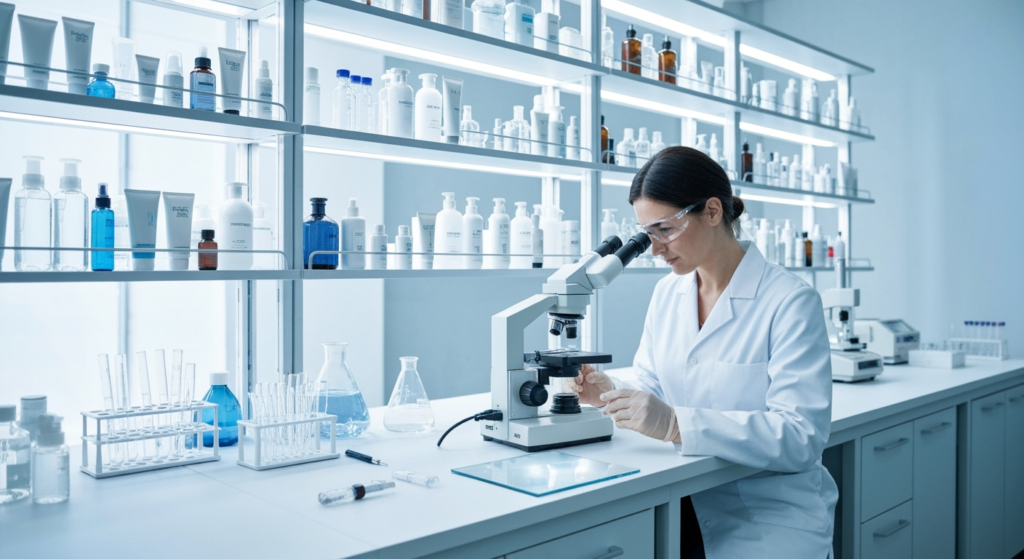
Cosmetics in Europe are no joke. The EU has some of the toughest regulations in the world, so if something hits European shelves, you can be sure it has gone through some real legal and scientific gymnastics. But what does this actually mean for manufacturers and us consumers? Let's find out what the world of cosmetic declarations looks like from behind the scenes. What every [...]
Read moreCosmetics for pregnant women - what are their characteristics?
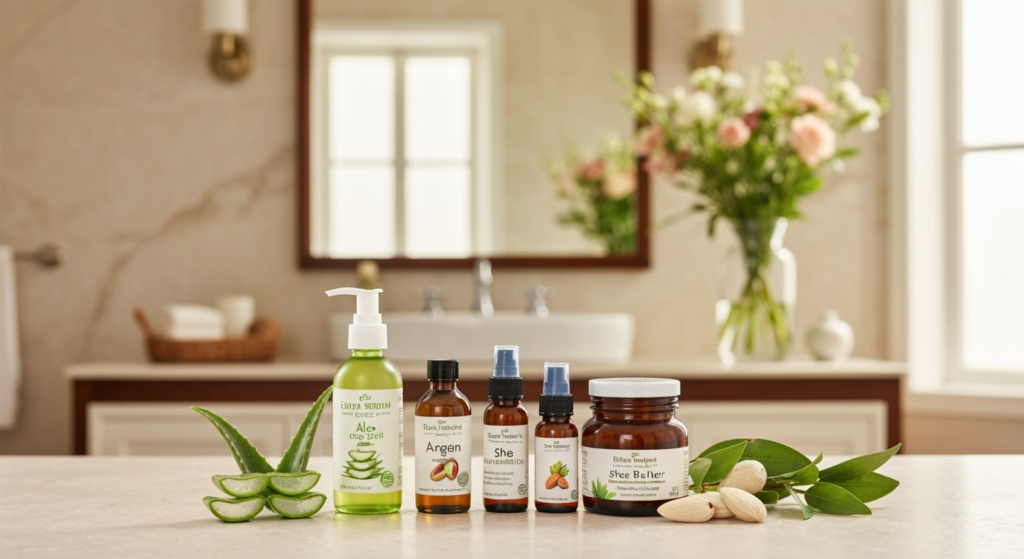
Skin care during pregnancy plays an important role. During this period, a woman's body experiences numerous changes, so it is worth taking care. It is worth looking out for beneficial active ingredients and products that are safe for both mother and baby. Why is skin care during pregnancy important? Taking care of the skin during pregnancy is crucial for various [...].
Read morePreservatives - how do they work and what are they for?
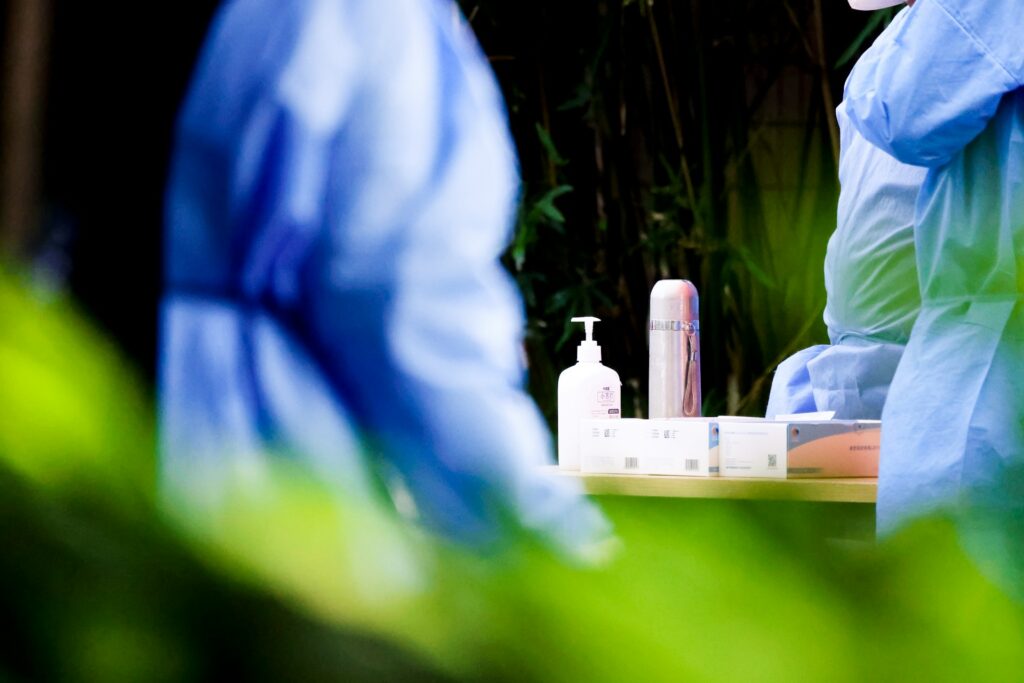
What are preservatives and why are they needed in a finished formulation? What are preservatives and how do they work in a cosmetic? What are preservatives is a question that often comes up when working with an aqueous or aqueous-oil product. Micro-organisms need water and nutrients to grow, and many emulsions, gels or tonics fulfil these conditions. Preservatives inhibit [...]
Read moreWhat pH should the cosmetic have?
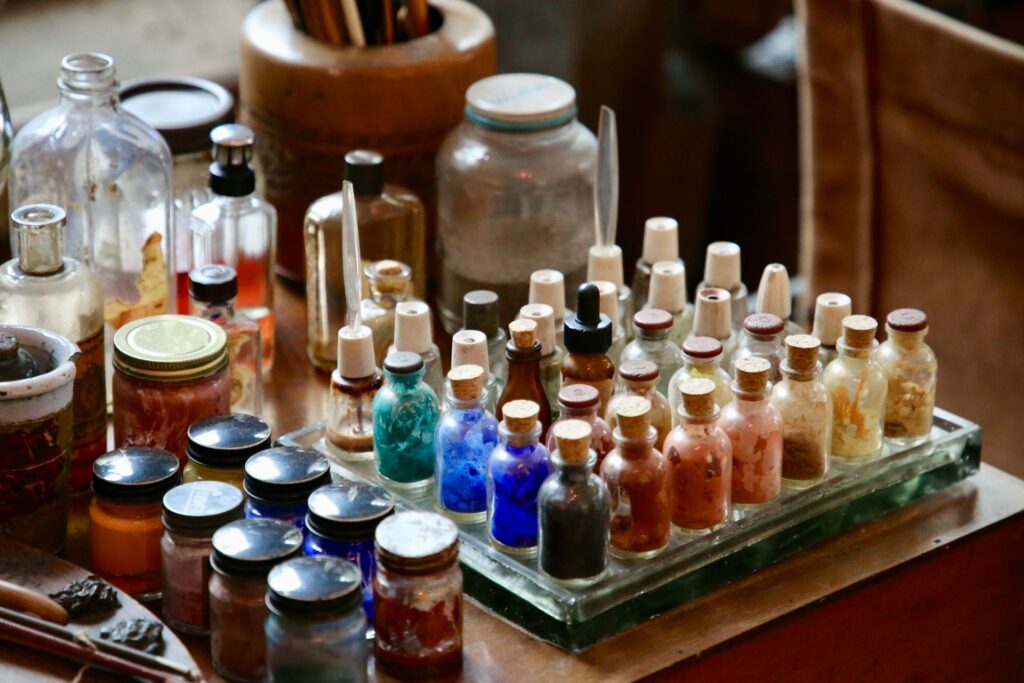
What is pH and what does pH mean - importance in cosmetics. What is pH? - is a question that often arises in the context of skincare. The pH scale indicates the degree of acidity or alkalinity of a solution and ranges from 0 to 14. Values below 7 are acidic pH, a value of 7 indicates neutral pH, [...]
Read moreSafety Gate, all about product safety
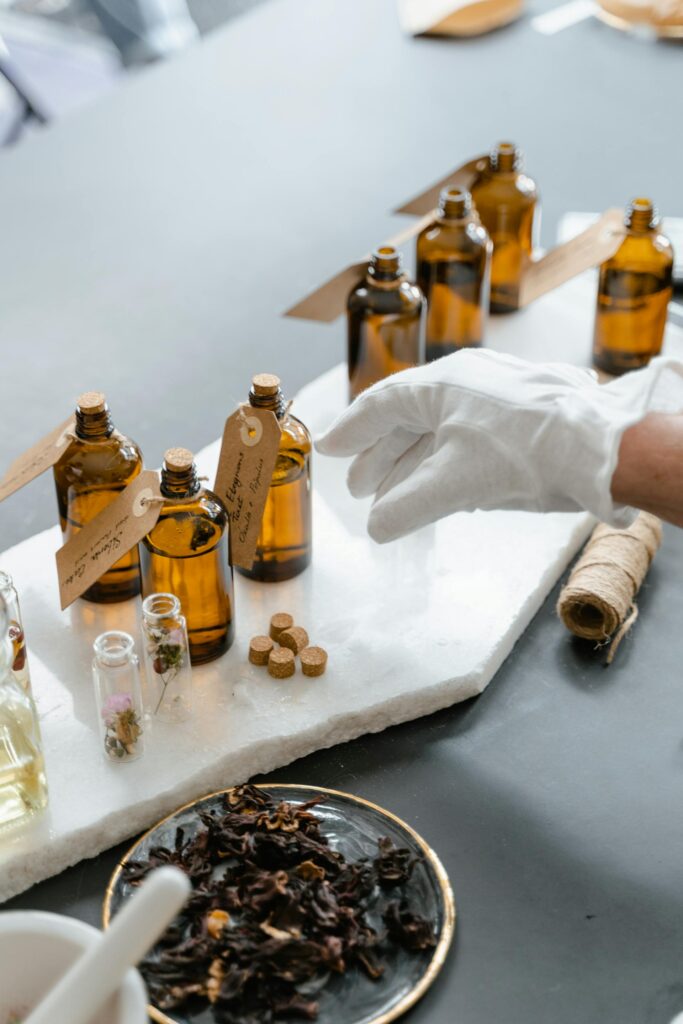
Safety Gate - what is it? Safety Gate (formerly RAPEX) is a European system for the rapid exchange of information on dangerous products that may pose a risk to the health or life of consumers. This mechanism operates within the structures of the European Union and covers, among others, cosmetic products, toys, electronic devices, textiles and many other categories. The safety gate is primarily a tool for [...].
Read moreINCI dictionary of common names for cosmetic ingredients - how to read the labels on packaging?
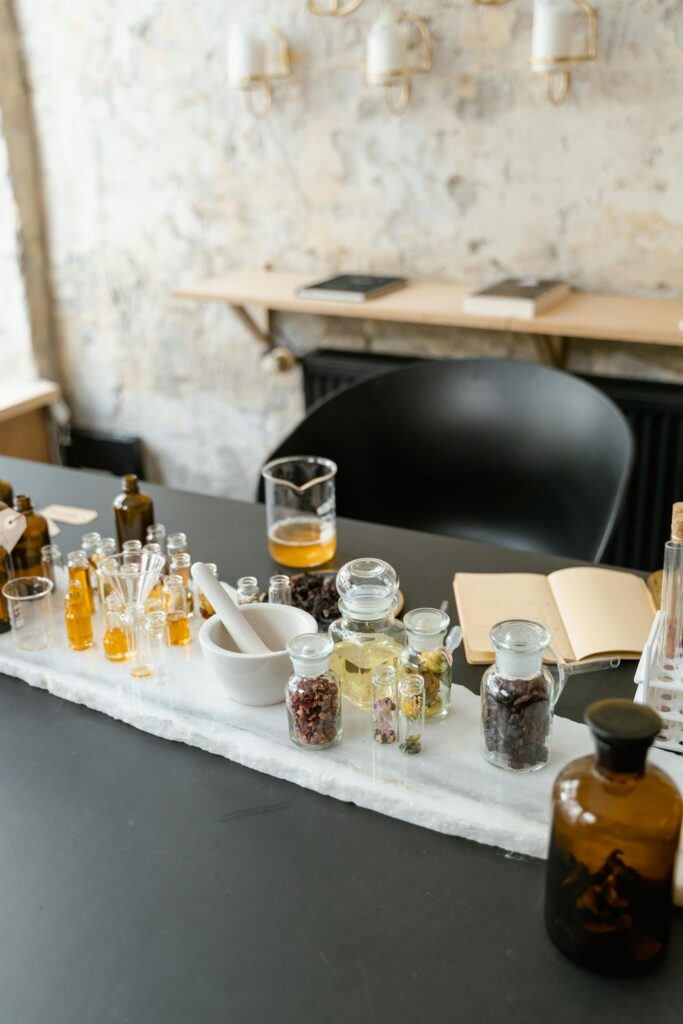
INCI cosmetic ingredient dictionary Every cosmetic product on the market must have a precise composition. This information is provided according to an international convention known as INCI - International Nomenclature of Cosmetic Ingredients. The INCI cosmetic ingredient dictionary is a structured list of ingredient names that facilitates their identification by both consumers and professionals. In the composition of a cosmetic product, you can find [...].
Read more